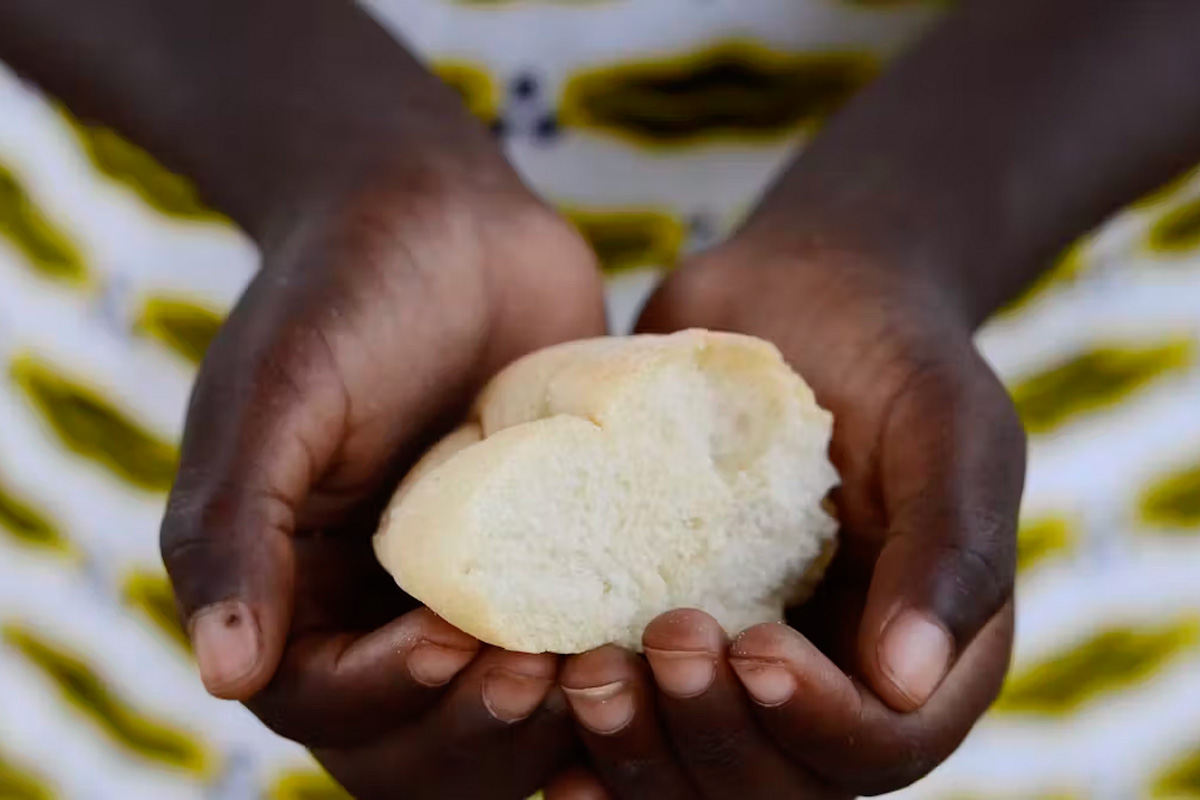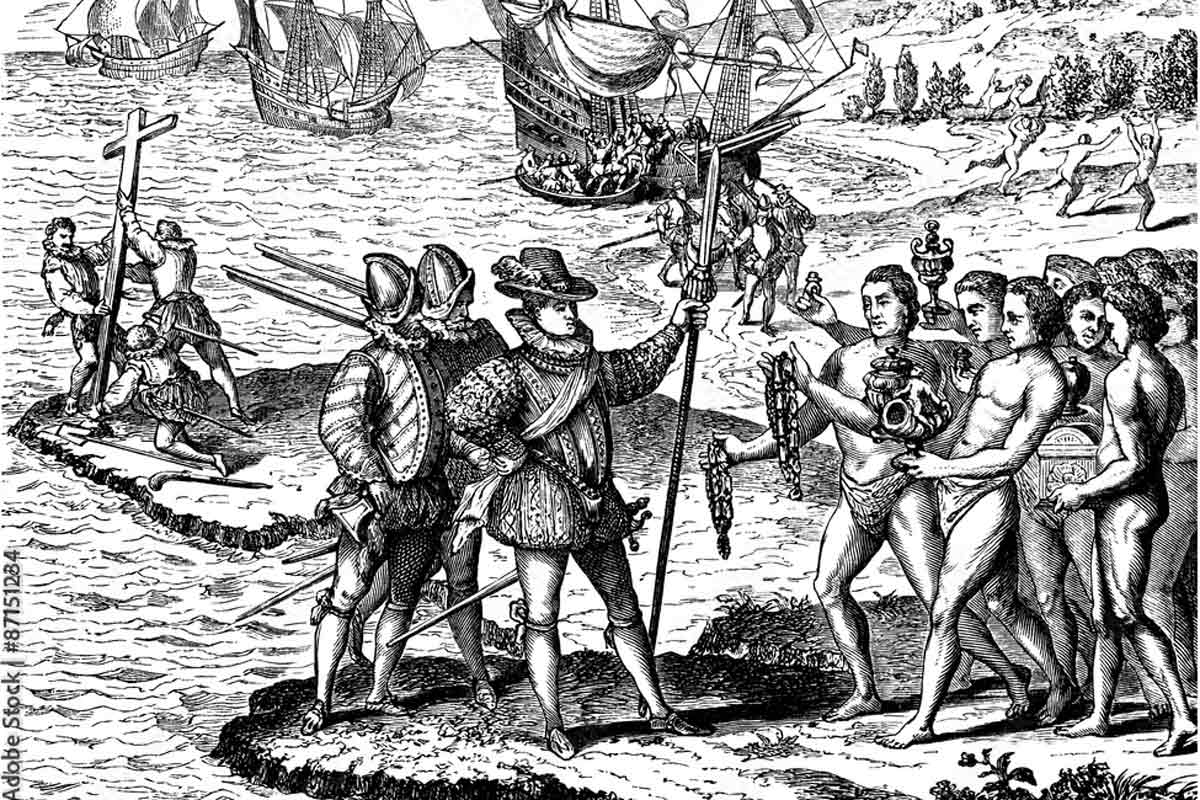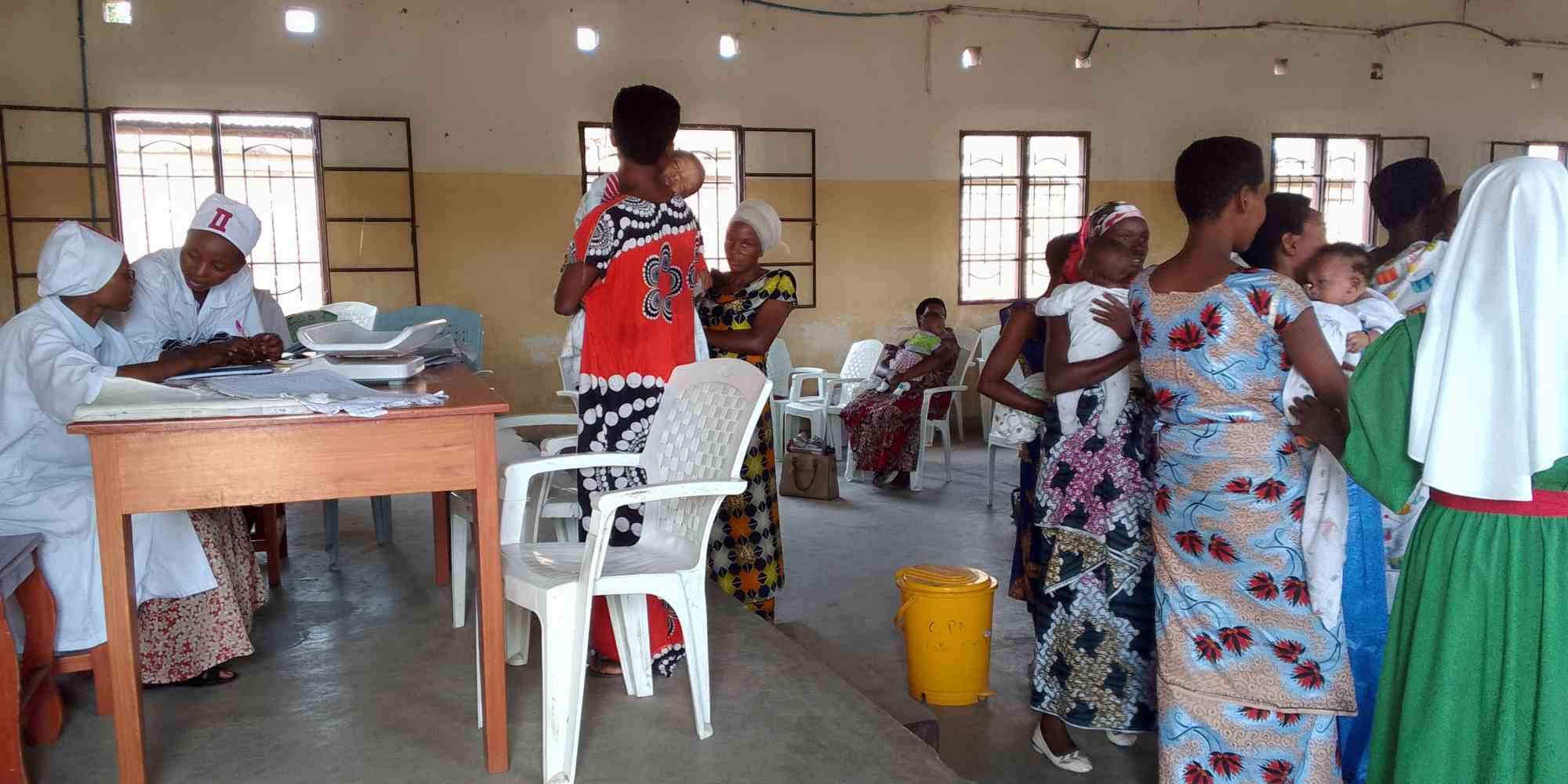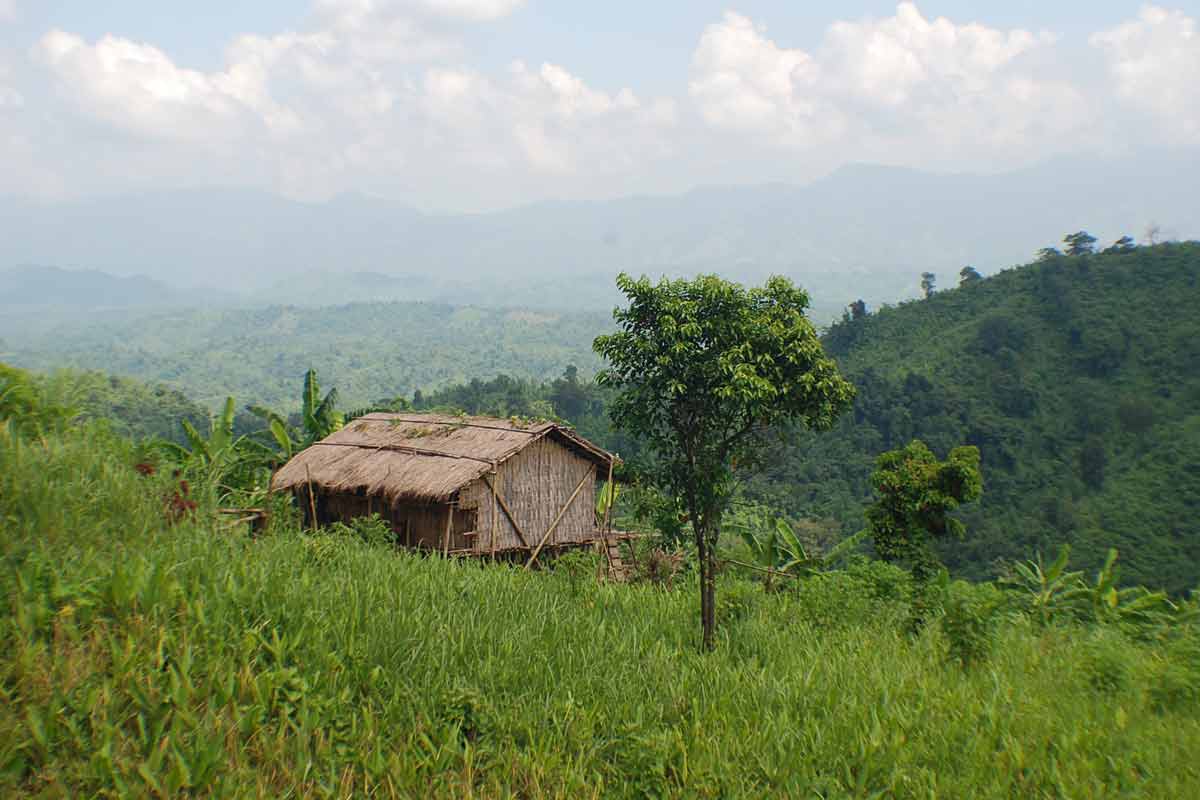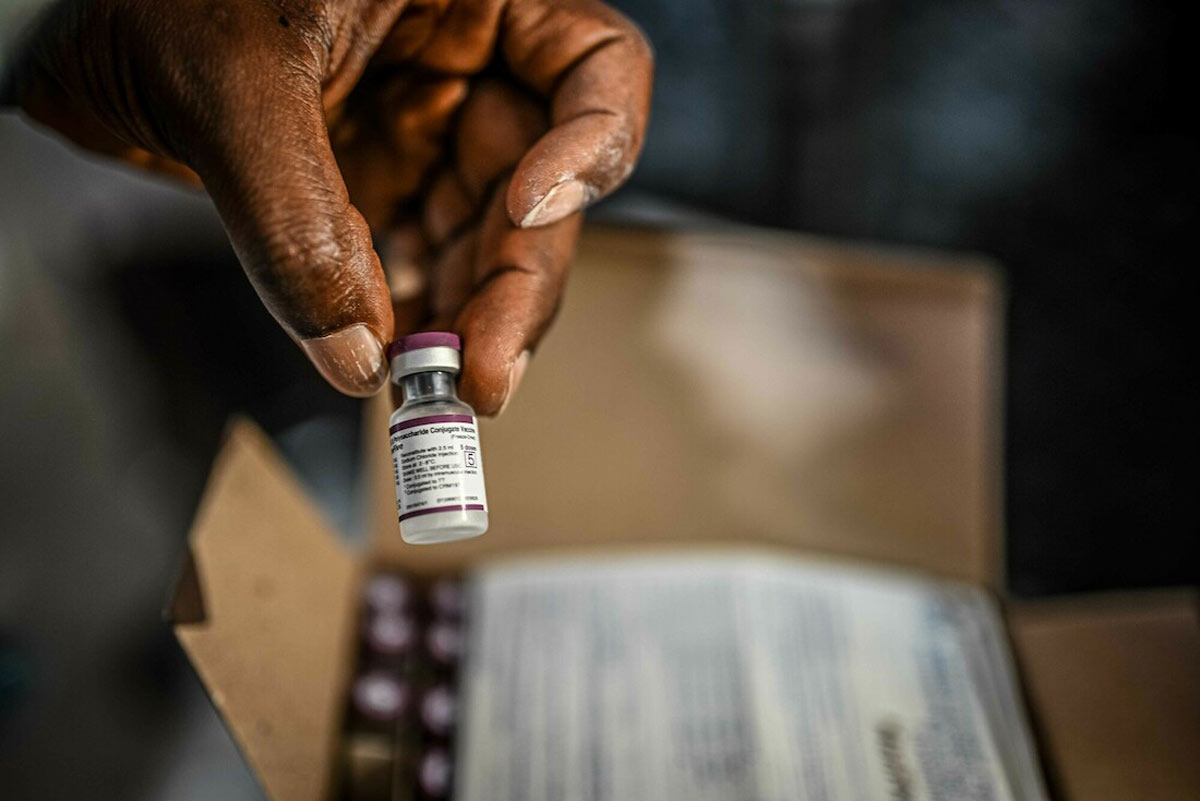Leilia Dore, World Health Organization
As African leaders gather at the Ministerial Conference on Immunization on 24 and 25 February, lessons learned from polio eradication are helping to strengthen routine immunization programmes across the continent.

Vaccines avert between two and three million deaths a year across Africa, yet one in five children remain unimmunized. ©WHO/L.Dore
For three decades, the Global Polio Eradication Initiative (GPEI) has found solutions to challenges standing in the way of reaching underserved children with polio vaccines. In its pursuit of a polio-free world for future generations, the GPEI has adapted to challenges again and again, innovating to ensure no one is left behind. In Nigeria, where no case of polio has been found since July 2014, the government is leapfrogging on the lessons learned by the polio eradication programme to make strides forward to strengthen the equity and sustainability of routine immunization.
On 24-25 February, the first-ever Ministerial Conference on Immunization in Africa is bringing together African leaders to reaffirm their commitment to reaching all children with life-saving vaccines. This will provide an opportunity to discuss ways to leverage what we have learned through polio eradication, so that the GPEI’s goal of protecting every child, forever, continues to strengthen routine immunization programmes in Africa.
The importance of political support

Isa was paralysed by wild poliovirus in Kano state in July 2014; but thanks to political commitment, no case has been reported for over 18 months. ©WHO/L.Dore
In 2012, 122 children were paralysed in Nigeria. In response to this steep incline, the government stepped forward with renewed vigour to meet the challenge. Polio was declared a national health emergency; the President provided direct oversight of the programme; and an Emergency Operations Centre was established to bring together all of the partners of the response into one ‘war room’ from which the battle against the virus could be coordinated. By bringing all stakeholders together and holding each player accountable, the government ensured that data informed policies, monitored progress, and guided implementation. Just two years later, Nigeria interrupted transmission of the virus.
This success demonstrates the crucial role that country ownership and accountability can play in dramatically improving the lives of the most vulnerable children with vaccines, a lesson that is being used to make sure no one is left behind by routine vaccination programmes.
Engaging communities

Over 12,000 volunteer community mobilisers work across high risk states in Nigeria to educate families about the importance of polio, routine vaccines and other health needs. ©WHO/L.Dore
Engaging communities at all levels, from leaders to traditional healers to families, transformed polio eradication efforts in Nigeria. Over 12,000 volunteer community mobilisers, chosen for their trusted positions in their local communities, provide mothers with important information that goes beyond polio: such as the importance of routine vaccines, nutrition and hand-washing. Religious leaders engaged through the polio programme played an important role in addressing vaccine hesitancy in the country, and their influence is now helping to encourage families to also get their children vaccinated against other diseases.
By putting community knowledge and engagement first, the polio programme created a climate in which families understood the importance of vaccination, increasing demand and reducing vaccine hesitancy. By working to incorporate these practices into routine immunization, we can make important steps towards closing the immunization gap in Africa.
How to Reach Every Last Child

Through perseverance and innovation, the polio programme has succeeded in reaching underserved children in some of the world’s most fragile places. ©WHO/L.Dore
To interrupt the virus and achieve eradication, over 95% of children have to be reached with polio vaccines. This emphasis on equity – reaching every last child, no matter where they live – led the GPEI to lead the field in how to operate in countries where insecurity, challenging terrain or population movements made children hard to reach. By building the capacity of communities, strengthening cold chains (and sometimes relying on unusual modes of transport to get to the final destination), seizing opportunities and always being adaptable, polio eradication efforts work to ensure no one is left behind. These techniques can be used to get routine vaccines to these underserved communities, to protect that fifth child who is currently being missed.
Looking to the Future
With the halfway mark of the decade of vaccines behind us, now is the time for the global health community to recommit to ensuring the success of immunization goals. As African leaders gather to find solutions to the remaining challenges at the Ministerial Conference on Immunization, the experiences of polio eradication – the importance of leadership, communities, and going the extra mile – can be used to make a sustainable difference for children, long into the future.

